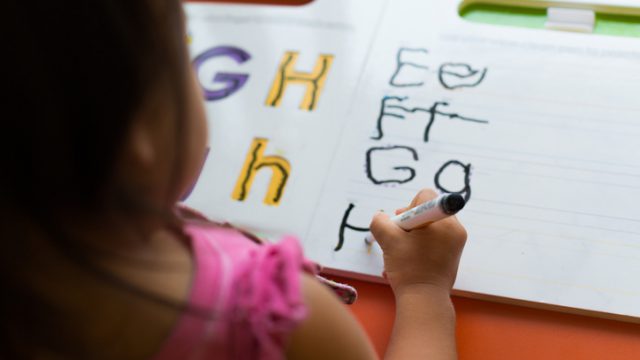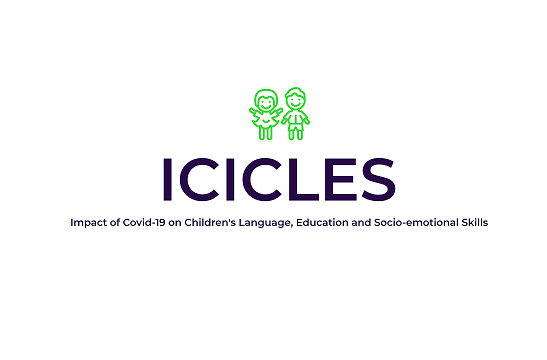- Home
- Publications
- Belief In A Just World And Children’s Cognitive Scores
Belief in a just world and children’s cognitive scores
 Pub. Date
Pub. Date
 Pub. Type
Pub. Type
Parental beliefs are recognised by psychologists as an important causal influence on child development. A two-period model of human capital accumulation in the framework of Becker and Tomes (1986) is presented. In the first period parents transfer their beliefs, distinct from genes, to children by signalling their ‘belief in a just world’ or their perceived return to effort. Children respond by choosing effort, irrespective of the real world returns, which combines with their genes to create early ability. This determines the rate of return to second-period investment and final attainment. If parents are credit constrained, both beliefs and income determine attainment. Empirical analysis using the second generation of the NCDS shows that beliefs are a strong predictor of early attainment and significantly reduce the importance of parental income. The identifying assumption is that parent beliefs are slow-moving and not conditioned on the child.
Related Blog Posts

What Can Be Done To Better Protect Children and Young People From Serious Safeguarding Incidents?
Sophie Kitson
Ekaterina Aleynikova
19 Feb 2024
9 min read

Putting Increased Pressure on a Fragile System Does Not Help
Claudine Bowyer-Crane
Cecilia Zuniga-Montanez
15 Jan 2024
5 min read


Safeguarding the Safeguards – more Support Needed, But How?
Lucy Stokes
Johnny Runge
Adrian Pabst
02 May 2023
6 min read
Related Projects

Catch Up Literacy Pilot Study

Better Start Bradford
Related News



Press Release: Targeted home support could be key in children’s early language development
21 Apr 2021
5 min read
Related Publications


Adam Smith and the Bankers: Retrospect and Prospect
04 Jan 2024
National Institute Economic Review

On the Promises and Perils of Smithian Growth: From the Pin Factory to AI
04 Jan 2024
National Institute Economic Review

Economic Progress and Adam Smith’s Dilemma
04 Jan 2024
National Institute Economic Review


